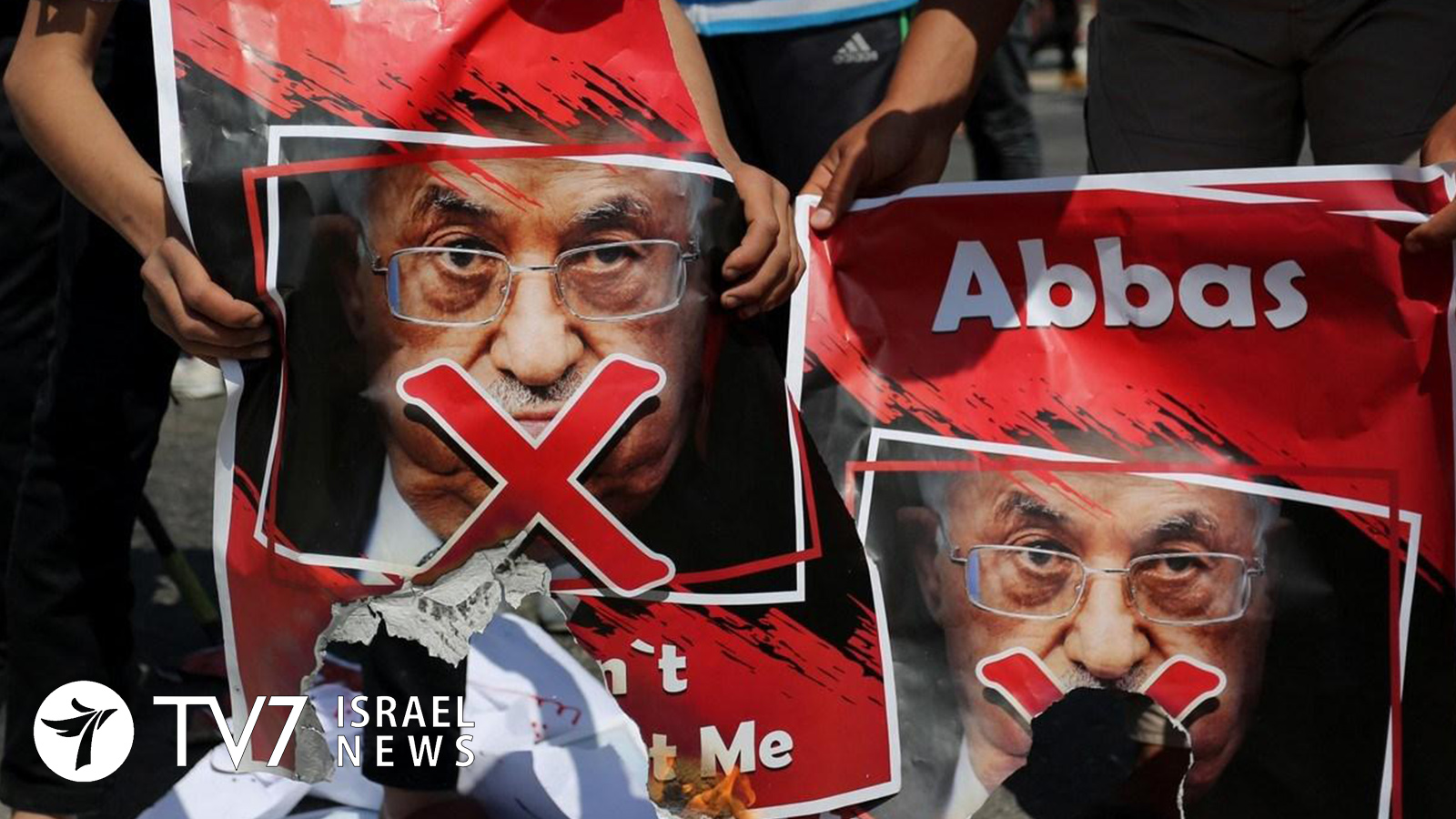In the wake of this week’s nationwide democratic elections in Israel, a new public-opinion survey revealed deep mistrust and resentment among Palestinians toward their own leadership. The poll conducted by the “Jerusalem Media and Communication Center,” which is a non-governmental, Palestinian organization found that only 11-percent of Arab residents that live in territories under the control of the Palestinian Authority trust Chairman Mahmoud Abbas.
Suspicion runs even deeper in Gaza, where according to the survey, a mere 6-percent of the enclave’s inhabitants say they trust Hamas leader Ismael Haniyeh. Furthermore, nearly half of all Palestinians, a staggering 48-percent, voiced complete mistrust in any of their political figures; and a powerful 87-percent majority are demanding presidential elections to be held immediately.
The last Palestinian presidential elections were held in 2005, and there has not been any parliamentary balloting since 2006 – when long-reigning Fatah movement sustained a bitter defeat to the Islamist Hamas organization. Yet, refusing to relinquish power, the Palestinian factions plunged into a brief civil war that resulted in a de-facto separation between the Fatah-run West Bank and Hamas-run Gaza Strip.
Other findings in the poll include 89.6% Palestinian support for reconciliation between the rival Fatah and Hamas factions.
73.8% opposed the establishment of diplomatic relations between Arab countries and Israel.
Regarding resolution of the conflict with Israel, 59.3% of Palestinians said they favor the continued boycott of the U.S. administration, and 65.3% voiced belief that the Palestinian leadership should reject the U.S. Mid East peace plan after its future unveiling. In contrast, only 6.1% insisted it should be accepted, and 21.3% said they wanted Palestinian leaders to revive the peace process in order to negotiate terms of the proposal.
While the Palestinian Authority was not available for comment, a Hamas official told TV7 that while he was not familiar with the survey, he does not believe its findings to be accurate because of the political character of the ‘Jerusalem Media and Communication Center’ organization.
